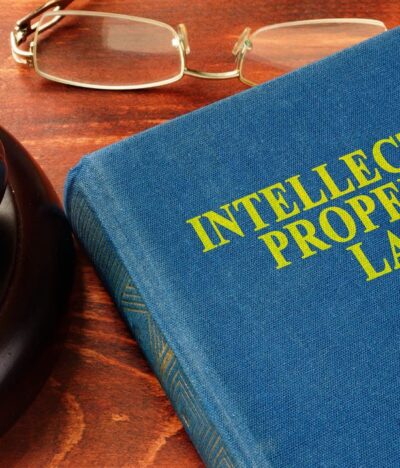The new COVID-19 Coronavirus global pandemic has sent business owners and landlords into a hurricane of uncertainty. Government restrictions and guidelines now require many businesses to shutter their doors for an indefinite period of time. The economic impact of this disruption will be felt for months or years to come, and it does not appear to even be close to its end at this point. What can a commercial landlord do during these challenging times, as these business owners have been forced to close down against their will by the government?
Lease Provisions
Unfortunately, while businesses are under a duty and obligation to pay rent for their space to a landlord, there are circumstances under which this obligation will be postponed or removed.
-
Force Majeure. Many lease agreements have a specific provision regarding an “act of God” or natural disaster. If a force majeure prevents a tenant from performing their obligations under a contract (paying rent), then that provision of the contract will become unenforceable. Depending on the specific contract you have with your tenants, this clause may be used by them to relieve their obligations during the period of time they are unable to operate their business as normal. In some cases, a force majeure clause may allow a landlord or tenant to permanently terminate the lease.
-
Insurance Provisions. Some contracts will allow a tenant or landlord relief through an insurance policy during some sort of disruption or closure. The language of the insurance contract will ultimately dictate whether or not insurance will cover the closure of the business for any period of time. Even if an insurance clause does cover this global pandemic, it may take time to collect funds from the insurance company, as many other businesses are likely to take the same course of action.
-
Eminent Domain. A legal argument could be made that due to the fact the government required a business to temporarily close, this action rises to the level of eminent domain resulting in rent relief from the landlord. In essence, the legal argument is that for all intents and purposes, the government has “taken” the property of the business and the tenant does not have access to it to operate their business.
In these cases, a business owner may have a direct claim against the government for compensation, unlike landlords whose impact is secondary. Some eminent domain provisions allow either the tenant or the landlord to terminate the lease if the event appears to be permanent. However, if the event is temporary, as everyone hopes the coronavirus pandemic will be, the tenant may have the legal right to a rent abatement for 60-90 days. Every lease will be different, and it is important to check the language of your particular landlord-tenant agreement.
Practical Guidance
The political and economic climate of our time is unlike any in modern history. Landlords certainly need to collect rent money, and tenants are required by law to close their doors.
This unique time calls for a unique perspective. Most commercial landlords seem to allow business owners up to a 90-day temporary moratorium on rent, which can help small businesses survive these tumultuous economic times.
Ultimately, it is not the renter’s fault that this global pandemic has required them to shut down temporarily. Most landlords do not wish to lose a tenant unnecessarily and forging a kind and compassionate position with them now can lead to a strong relationship in the future.
Additionally, it is important to note that even if a landlord had the legal right to force a tenant to pay, many judges would bristle at the idea of issuing evictions during this time of worldwide uncertainty. Hopefully, both the federal and state governments will step in to support lenders through temporary monetary relief or long-term incentives for landlords that will offer them the opportunity to create lasting solutions for all involved. Landlords, tenants, lenders and the government must all work together to minimize the economic damage to everyone during the aftermath of this historic crisis.






